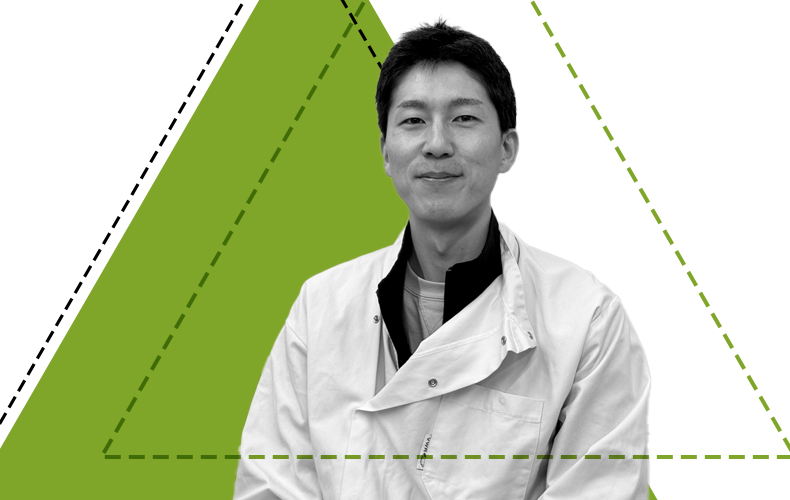8 June 2021 – While they may lack a nervous system and other aspects we associate with complexity, plants typically do some things much better than animals: one of the most striking is their ability to regenerate new organs and tissues when injured. New EMBO Associate Member Keiko Sugimoto wants to understand how plants integrate developmental and environmental cues to heal wounds and optimize growth. “Plants endure stress from injuries and modify their growth patterns in response: by studying what is happening at the molecular level, we can address many unanswered questions in biology,” says Sugimoto, who is a Team Leader at the RIKEN Center for Sustainable Resource Science in Yokohama, Japan. “How do plants transduce this stress? What drives plant cells to change their fate? How can plants create new stem cells from differentiated cells? These are remarkable processes, and we don’t know all the mechanisms involved.”
Regeneration is only beneficial when a plant is injured – they shouldn’t suddenly grow new shoots that grow out like roots.
One of the most exciting aspects of the research, Sugimoto says, is unravelling mysteries underpinning ancient techniques such as grafting – cutting and joining plants for desirable traits – and modern ones such as plant gene editing technologies. “We took for granted that plants can do it, without necessarily knowing the underlying molecular mechanisms,” explains Sugimoto, whose work has shed light on how plants control cell cycle reinitiation and cellular reprogramming during regeneration. “Regeneration is only beneficial when a plant is injured – they shouldn’t suddenly grow new shoots that grow out like roots. We want to understand the whole scenery: reprogramming involves lots of changes in gene expression, but there are also other aspects to consider such as the epigenetic landscape and post-transcriptional regulation.”
Plant biology is very strong in Europe and my biggest wish is to promote stronger interactions between Europe and Asia.
Sugimoto previously worked at the John Innes Centre in Norwich, UK and has many collaborations with European scientists and organizations, which she hopes will be further strengthened by her election as an EMBO Associate Member. “Plant biology is very strong in Europe and my biggest wish is to promote stronger interactions between Europe and Asia. We have a lot of common interests and face similar challenges, both in terms of science and practicalities such as recruiting excellent students: EMBO has fantastic programmes to support and mentor younger generations. Becoming an EMBO Associate Member is a great recognition of the work my group is doing: I am deeply honoured.”



